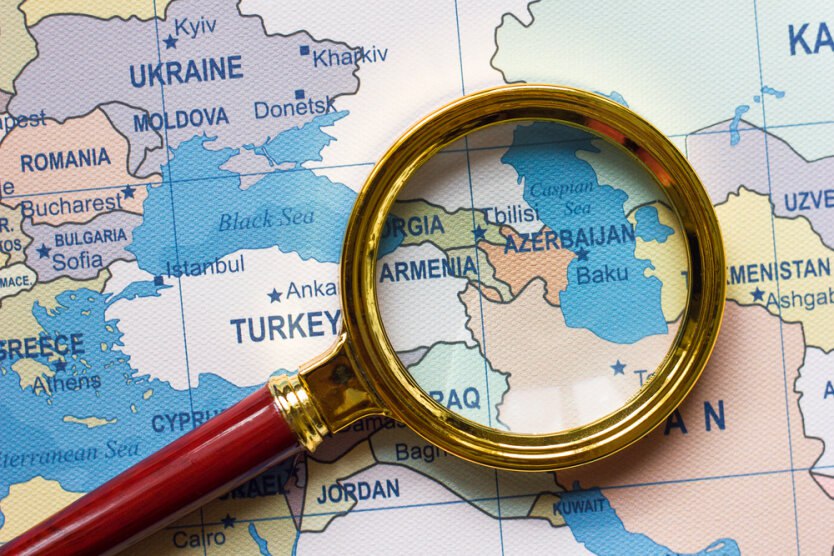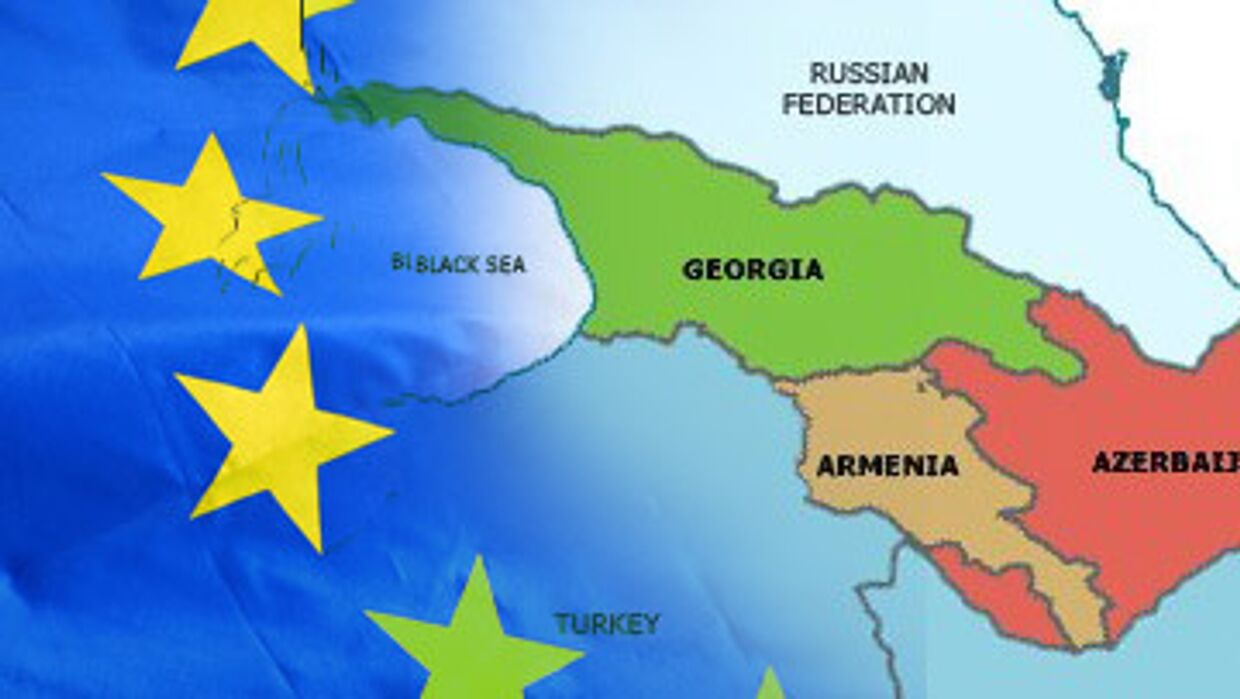
Main political actor in the South Caucasus
“Turkey holds a unique position in both the first and second baskets of countries interested in the South Caucasus. Without Azerbaijan‘s success, Turkey wouldn’t have this uniqueness,” believes Azerbaijani political analyst Farhad Mammadov. He categorizes external actors with interests in the South Caucasus into two baskets. Despite the region’s division and lack of a pan-regional structure, Azerbaijan, Armenia, and Georgia themselves remain the primary forces in the region.
- “Georgian government is moving the country away from the European Union” – Josep Borrell
- “Armenia – a potential candidate for EU membership.” Opinion from Yerevan
- What do we know about the attackers on Orthodox churches and a synagogue in Dagestan?
“Regardless of what is said about external actors, in the South Caucasus there are three countries: Azerbaijan, Armenia, and Georgia. Yes, it’s a divided region with no overarching regional structure for consultations, and each country has different foreign policy priorities. However, geographically, there are three countries here!” says the political analyst.
According to him, Turkey, Russia, and Iran are geographically Caucasus countries, but they remain external actors for the South Caucasus:
“Yes, they are physically close, neighboring countries, but they are still external! Let’s put it this way, they belong to the first basket of external actors, whose interests can be characterized to some extent as objective.
The second basket of external actors consists of countries not physically close but with interests in the region, such as the USA, EU, UK, France, China, and India.”
The first basket of external actors
Turkey, Russia, and Iran, while competing in the region, have agreed on the 3+3 format, which emphasizes regional inclusivity through interaction with immediate neighbors. Each of these countries in the first basket has its own reasons for supporting this format, which prioritizes geopolitical interests first and economic interests second.
Main political actor in the South Caucasus
The second basket of external actors
The second basket includes geopolitically motivated actors like the USA, France, and the UK, with the EU also attempting to play a role. Additionally, there are geo-economic interests from the EU, UK, China, and India, focusing on communications and energy.
Both baskets of external actors strive to realize their interests through the countries in the region, building alliances and strategic partnerships. The list of participants in these alliances varies depending on the goals, following the classic principle articulated by Donald Rumsfeld: “The mission determines the coalition.” Over the past three years, Russia and Iran have faced the most difficulties in this regard, while Turkey, the USA, and the EU have been more successful.
Turkey holds a unique position in this context. In the first basket, Ankara took the initiative into its own hands because Turkey’s ally emerged victorious over Russia’s ally in the war, promising Ankara even greater participation in regional processes in the upcoming outcomes of the war.
Additionally, nearly all participants in the second basket of external stakeholders either directly or indirectly align their interests with Turkey. Ankara, and personally Erdogan, are the most effective partners for external stakeholders from both the first and second baskets. Even for India and France, Turkey is a country whose opinion must be reckoned with.
This uniqueness of Ankara developed as a result of its responsible alliance with Baku, and to be entirely frank, with Recep Erdogan and Ilham Aliyev. Without Azerbaijan’s success, Turkey would not have achieved this uniqueness!
Conclusions
Today, traditional alliances in the region are in disarray. There is a crisis in relations between Russia and Armenia, Georgia with the EU and the US.
The only alliance between Azerbaijan and Turkey demonstrates its effectiveness and stands the test of time. It is the most successful in achieving strategic goals, and the influence of external stakeholders in the alliance’s divide is evident.
The Azerbaijan-Turkey alliance is capable of withstanding external pressures and creating a situation where all other stakeholders will be compelled to accept reality and align their interests accordingly. If they plan something contrary to the interests of Baku and Ankara, it is unlikely to succeed; they will have to yield.


